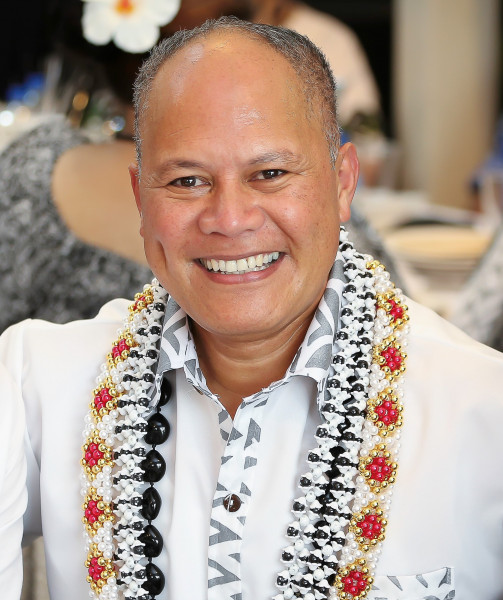Language and culture critical in 21st Century
Language and culture critical in 21st Century

Established in 2010, Samoa Language Week is a greatly anticipated event on New Zealand’s cultural calendar.
Part of the Pacific Language Week series supported by the Ministry for Pacific Peoples (MPP), it has grown year on year, promoting and raising awareness of the Samoan language and culture.
It is the third most spoken language in New Zealand, and Fotu o Mālama Chairperson and Samoa Language Week co-organiser Tofilau Niulevaea Siliva Gaugatao says the week-long event helps to maintain the focus on language and culture as critical components to living and experiencing success in the 21st Century.
“Samoa Language Week provides critical moments for reflection not just for speakers of Samoan language, but also as a country that prides itself as a multicultural paradise for democracy,” Tofilau says.
Fotu o Mālama is the Association for Teachers of Samoan language in the secondary and tertiary sectors, first launched in 2015.
Its aims range from sustaining and maintaining the Samoan language, culture and identity; improving student achievement; collaborating with Samoan language teachers and communities nationwide, to develop effective resources that will enhance student learning and understanding; create clear tertiary or vocational pathways, through the medium of education and in particular the Samoan language subject, from Years 9 - 13.
Tofilau and Fotu o Mālamahave been integral in planning for this year’s Samoa Language Week, based on the theme - Tapena sou ōso mo lau malaga, or in English, Prepare yourself a gift for your travels.
“Fotu o Mālamahas been working with the Ministry, FAGASA, SAASIA and other stakeholders in the planning of national activities, planning and facilitating workshops for the language week, and presenting about the current state of the Samoan language at secondary school level.”
With COVID-19 driving Samoa Language Week to be run from a digital platform, it has created both challenges and positives, Tofilau says.
“One of the highlights I think, will be a much wider involvement of all secondary teachers across the country, as well as community members in our workshops.
“I am also looking forward to hearing from students (in these workshops) who have left school share how their learning of Samoan language and culture has helped transform and transition them into the next stages of their lives,” he says.
Tofilau believes the only way is up for Samoa Language Week, and envisages it being part of the norm in schools and communities in the future.
“In the next five years I would like to see it validated and used as relevant contexts for meaningful learning across the curriculum; see it recognised beyond the importance and hype of the actual week; and maintain momentum and focus throughout the year.”
Stay tuned to what is happening on the Gagana Samoa i Aotearoa Facebook page – each of the three community groups have a fantastic programme of events planned until the language week concludes on May 30.
Visit MPP for more information and resources you can use during Samoa Language Week.
